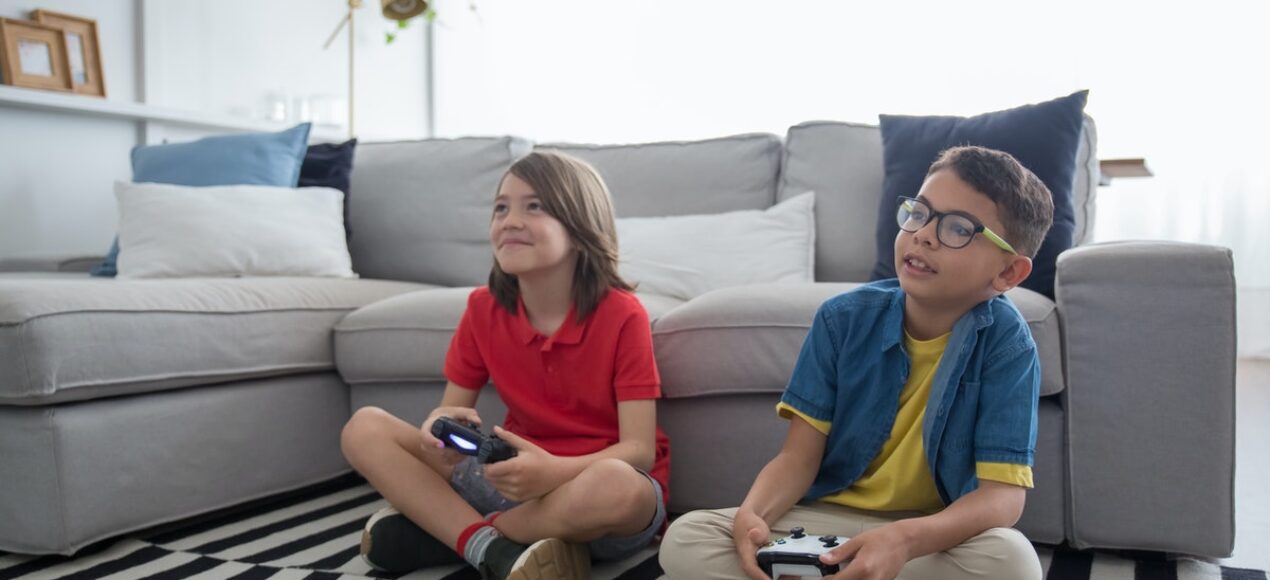Our dedication lies not just in treating symptoms but in addressing the root causes, offering a holistic approach that integrates the best of therapeutic practices with the warmth of community support.
How to Detox Your Teen from a Video Game Addiction (Demo)

Jun 27, 2022
In 2020, the average player played video games for five hours a day, up 14 percent from 2019. Teenage boys spent three hours a day playing video games, compared to two hours a day in 2016. Furthermore, a report from Game Analytics found that gamers have spent the equivalent of $10.4 million on Fortnite. This is just a small snapshot of how much time and money people devote to video games.
While video games are not all bad, they do have their concerns. Children and teens who spend a lot of time playing combative or violent video games show higher levels of aggression and violence compared to kids who don’t play these games. Furthermore, teens who engage in pathological video games are at an increased risk for substance use disorders.
If you’re concerned that your child is struggling with a video game addiction, you’ll want to look into the benefits of video gaming therapy in New Jersey. This type of therapy won’t just stop the video game addiction, but also prevent other behavioral addicts from forming. In the meantime, here are some ways that you can start detoxing your child from video games.
Discover the Motivations for Video Gaming
The first step is to understand what makes video gaming so appealing to your child. To ensure this conversation goes well, you should be on good terms with your child. If they feel threatened, they probably won’t open up to you.
Some common reasons for gaming might include boredom or social interaction. But it’s also possible that your child is addicted to the dopamine hit they get when they play games. They might also be trying to escape from depressed thoughts.
Set Boundaries and Ground Rules
Asking your child to stop playing video games cold turkey probably won’t be effective. The better approach is to set boundaries for when and how often they can play video games. Each household is different, so you’ll need to choose the rules that you’re comfortable with.
However, if you’re looking for a general recommendation, the American Academy of Pediatrics recommends no more than two hours of screen time a day. Some ways to knock out video game time is by initiating a “no gaming rule” before school or one hour before bed.
Reward Your Teen in Other Ways
One of the reasons why gaming is so addictive is because it’s based on instant reward and gratification. Repeated, this can lead to decreased attention spans and lower levels of concentration.
To break this cycle, focus on rewarding your child in other ways. Attach rewards to doing chores, helping out with younger siblings, giving back to the community, reading a certain number of books and more. Here are some tangible reward ideas for teenagers.
Seek Professional Gaming Addiction Treatment in Princeton NJ
If you feel that your child’s gaming is out of control, contact CTRLCare Behavioral Health. We provide video gaming therapy in Princeton NJ, and we offer adolescent-specific tracks of care.
Our approach is to understand the underlying motivations for video gaming and ways to curb this behavior. We also teach clients how to use technology in a safe and healthy way. After all, technology isn’t going away, so it’s important to know how to function alongside it.
To speak with a member from our admissions team, contact CTRLCare Behavioral Health today. You are not alone – we are here for you and your teen!

APPOINTMENT
Get Your Online Consultation
Copyright 2025 CTRL Care | All Rights Reserved
